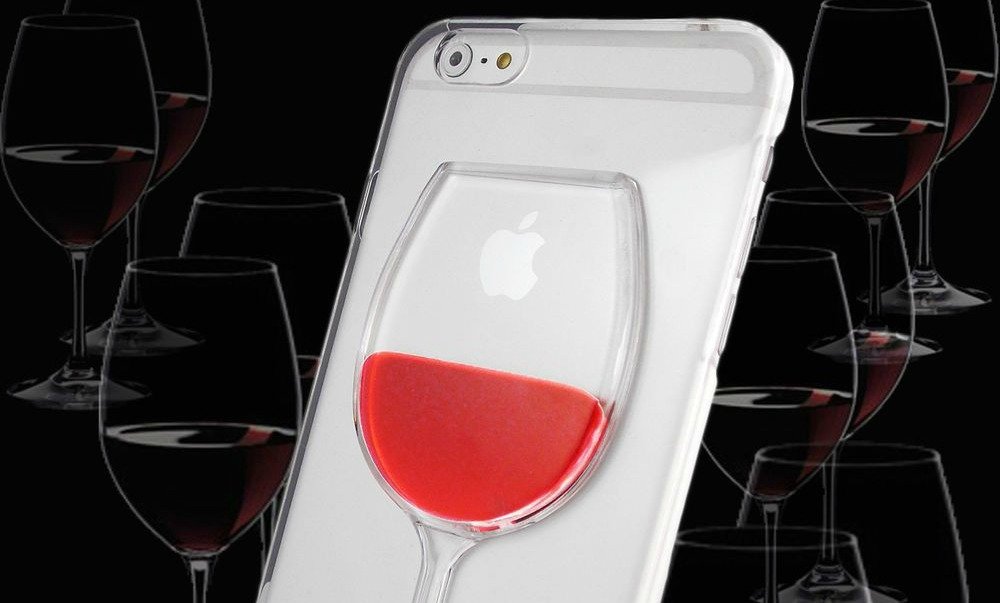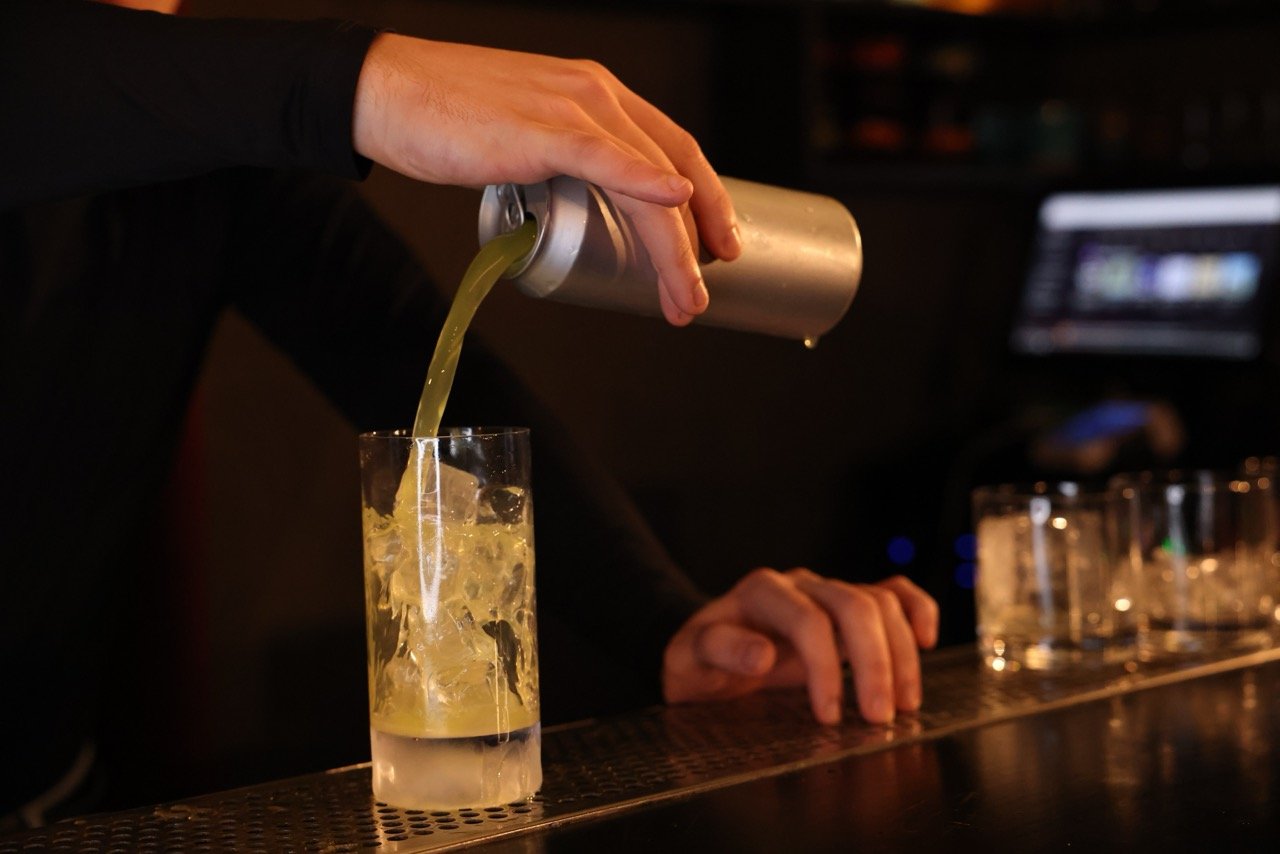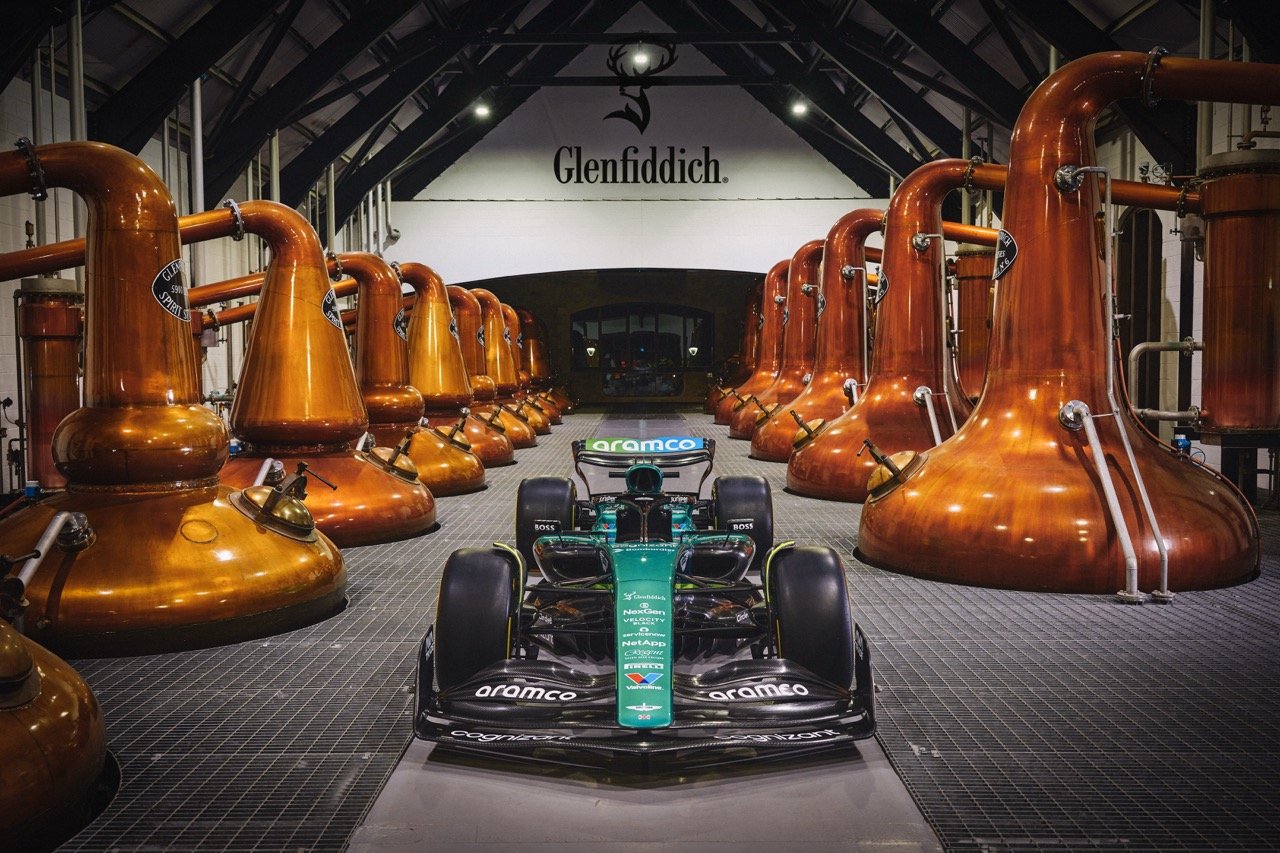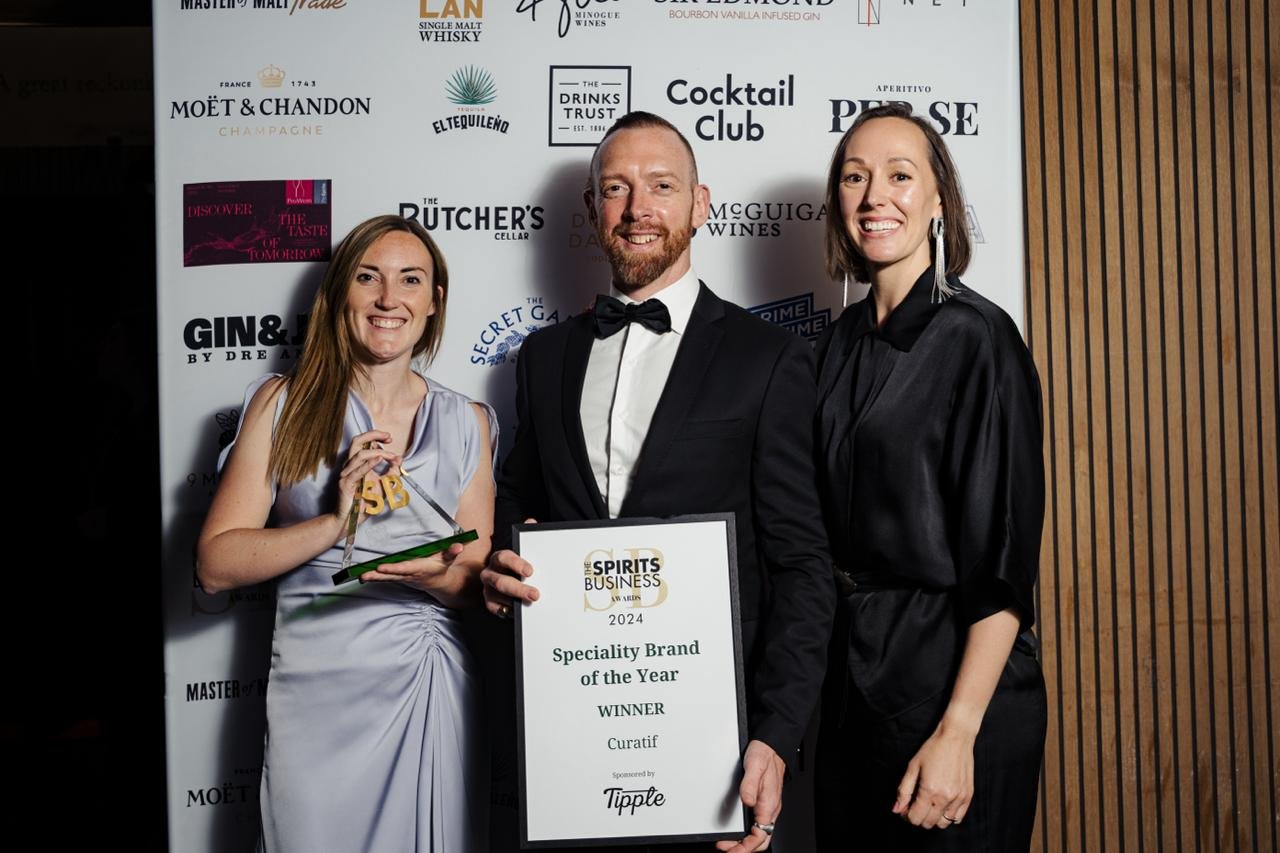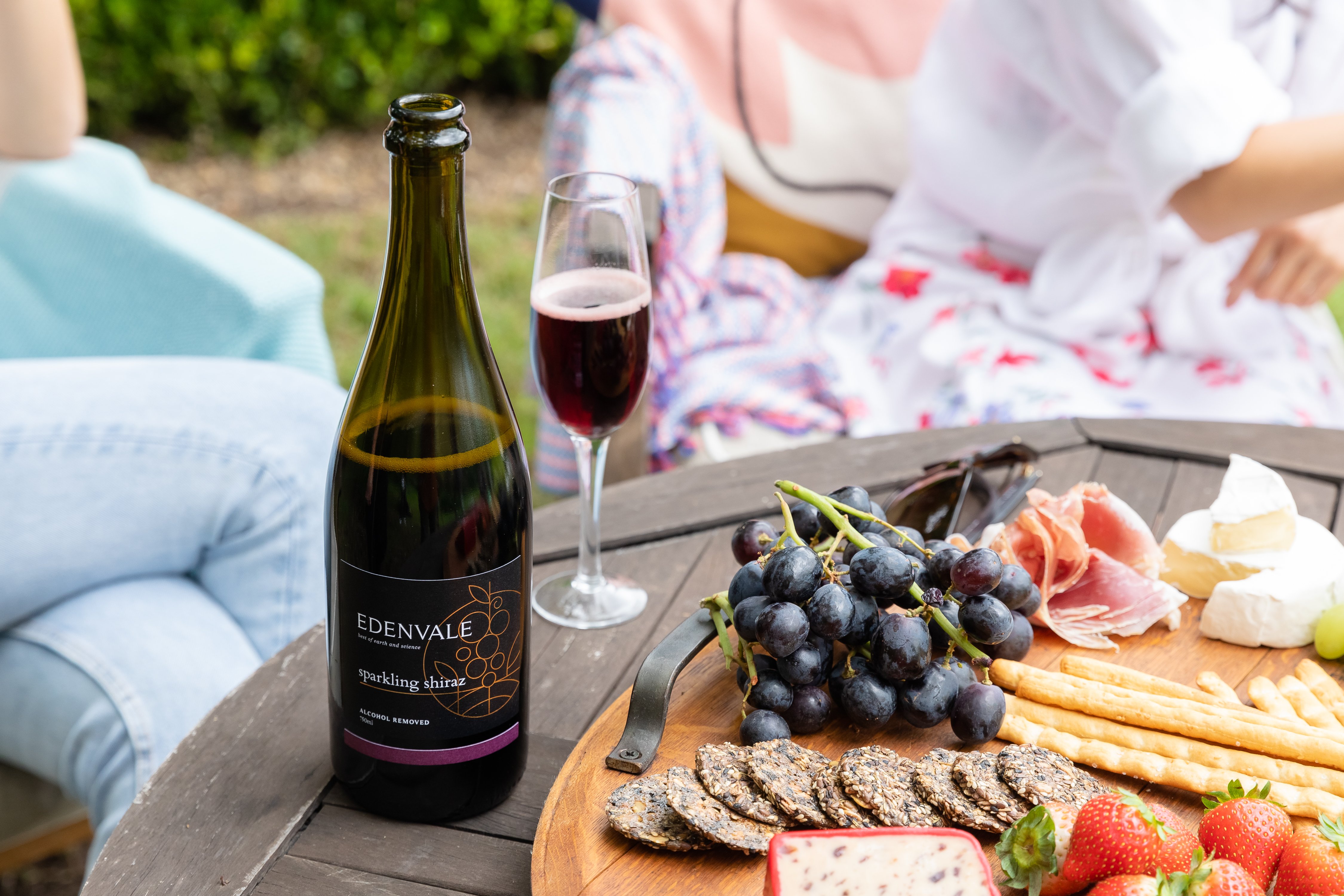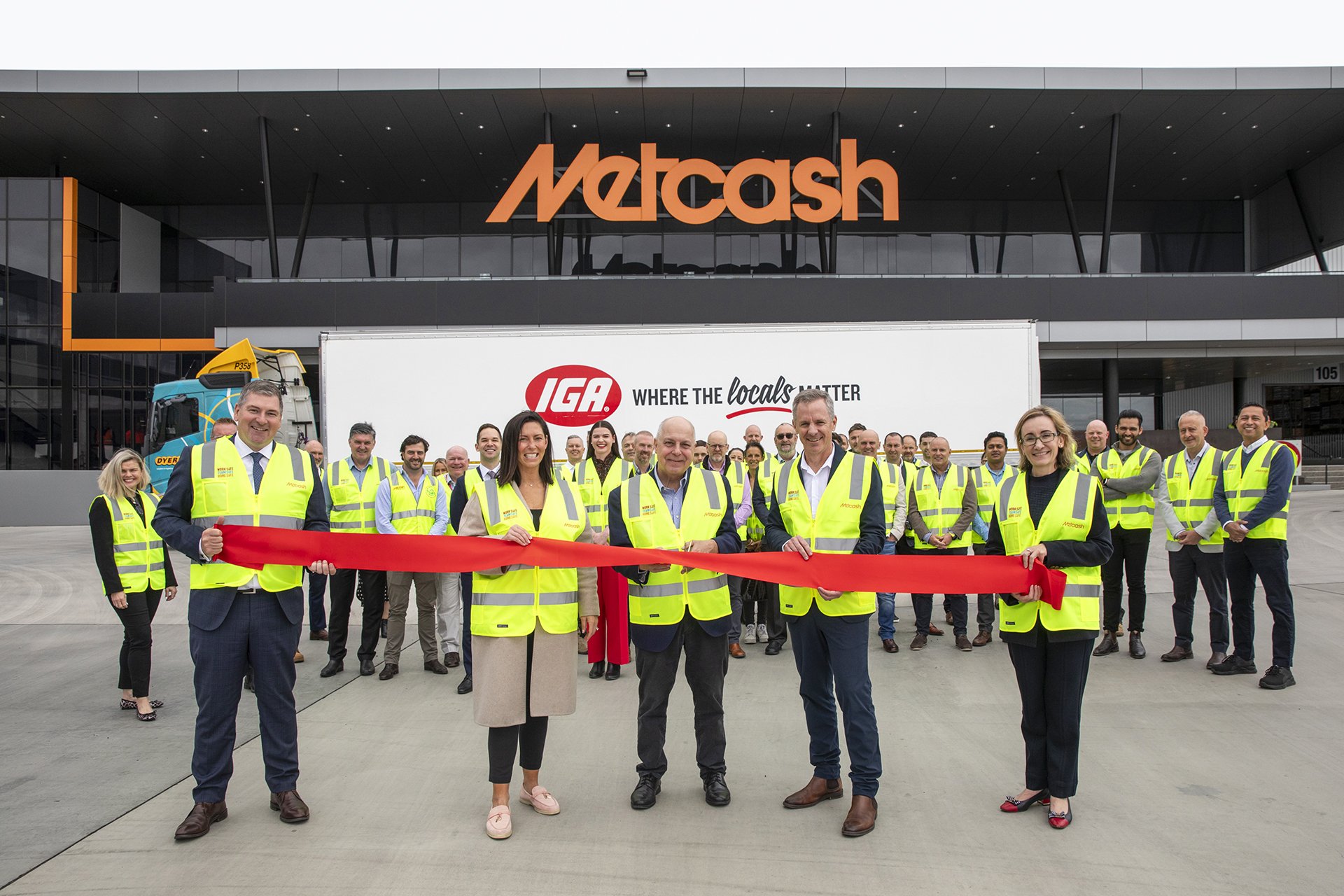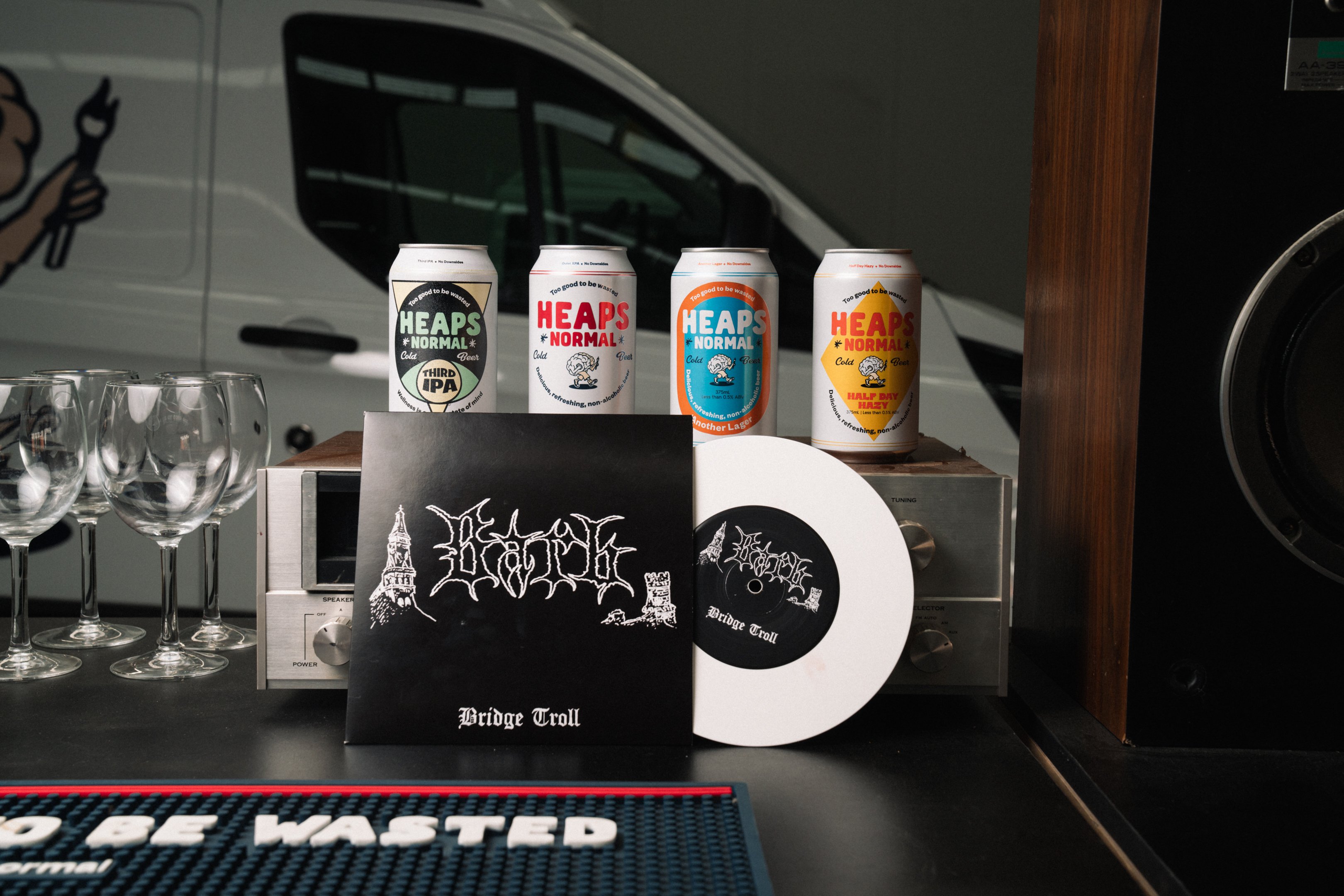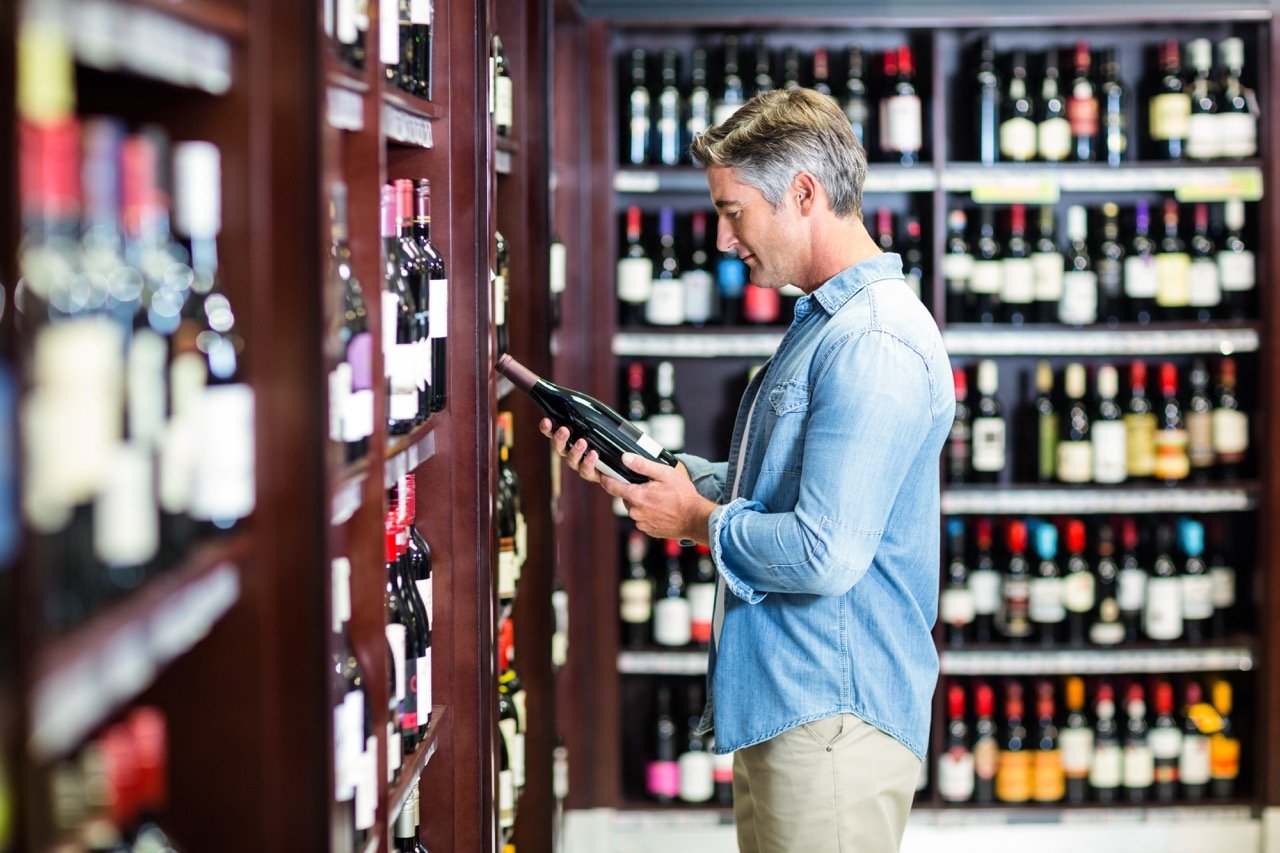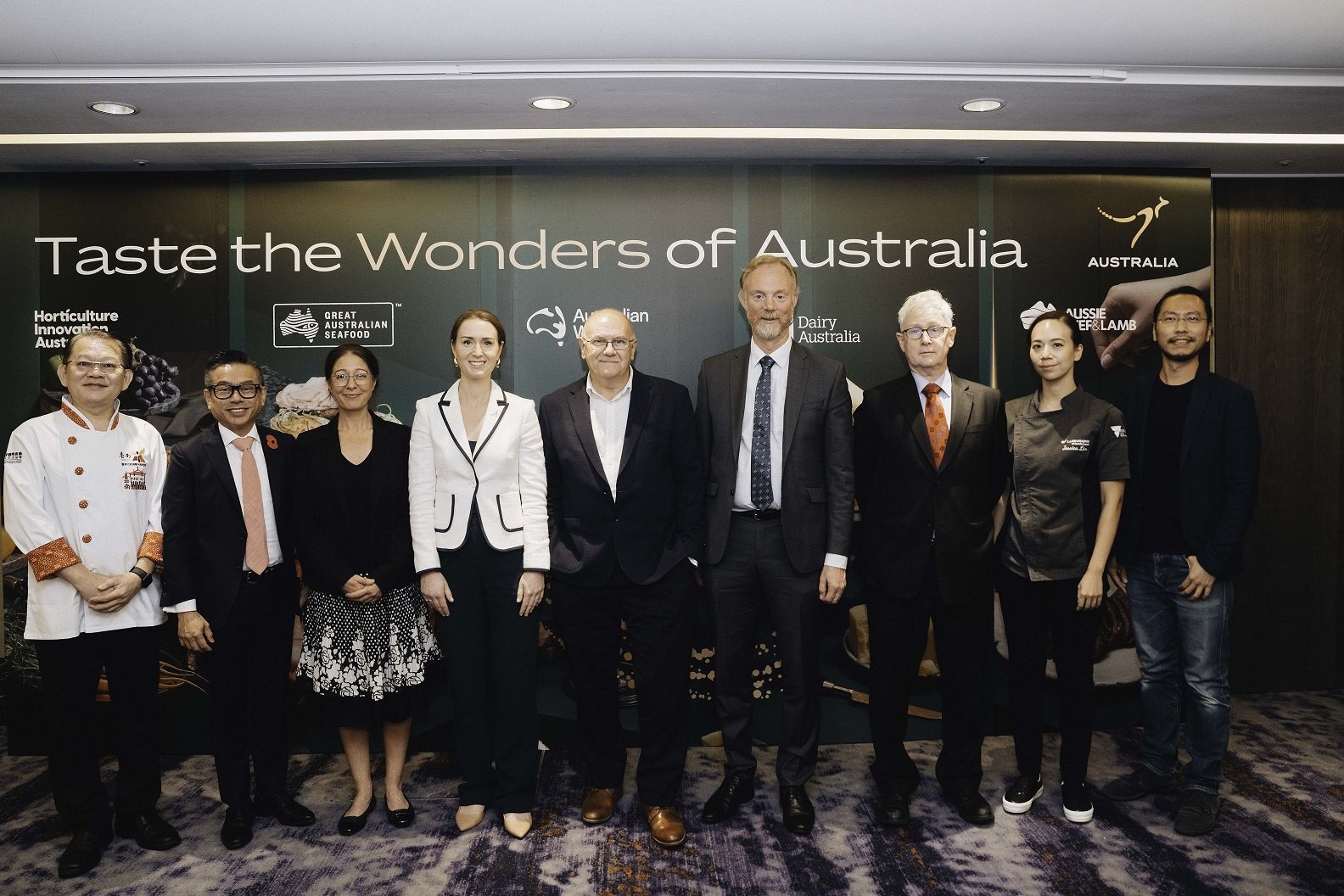Wine author and consultant Robert Joseph has revealed his views on the future of wine and the challenge of getting customers in store in the latest issue of Drinks Trade magazine.
Joseph, who is heading to Australian next month for a series of workshops at the Liquor Barons Group Conference, said both retailers and suppliers need to stop presuming the future is going to be “the same shape as we see today”.
“One of the workshops we are doing with the Liquor Barons retailers will feature a slide, which is the Alphabet of Wine, with only has 25 letters,” he said. “It’s missing the Y, and it’s the Y that doesn’t get asked. Take for instance, why is the only recognised co-ferment of back and white grapes a shiraz-viognier? I remember Peter Lehman telling me he’d done a co-ferment with muscatel and shiraz that had worked every bit as well as Viognier. So why don’t people try different things?”
He believes the same applies to retailers.
“Why is this distribution model be the one we are going to have in 50 years. Why should it not evolve? It is already - the online shopping experience, for example, which, in my opinion, is pretty horrible.
“Some will say that a wall of wine isn’t that much fun, but scrolling through a website isn’t that much fun either. So why can’t I ask Alexa in my house to buy me a bottle of merlot that will be delivered to my door? Alexa will be able to tell me what I bought last week, last month, and last year. Alexa might say - “do you want that bottle you bought last week?” Alternatively, “do you want the wine you had at your friend’s house yesterday?”. What we’re moving towards is ‘social commerce’ - which I’m somewhat obsessed with. The reason for this is that I’ve been looking at the revenues of the social media platforms like We Chat and Facebook and Instagram. The We Chat platform has similar revenues as Facebook, but with a third of the users; it’s more transactional than advertising driven.”
However, he said the danger with the platforms was that they didn't inspire brand loyalty and could turn out to be a "one-night stand" for the winery.
"Whichever platform has facilitated this transaction, be it Facebook or
Amazon, they now know that I purchased a particular wine and can say 'you know that nice Bordeaux-style cabernet you had last week? Why don’t you try a real Bordeaux?'"
Redefining the wine category
Joseph said he sees the growth in private label and changing perception of what's classified as wine as being the biggest changes ahead for the category.
“The private label growth is advanced in Australia already, and the change in wine styles is starting to gain momentum. Fruit flavoured wines, we’ve seen them fly in recent times. Are they wine? No, they’re not, but they are in wine-shaped bottles, and people are buying them.
“Bourbon barrel aged wines are hugely popular in the States right now. Also, artificial wine, wine with no grapes at all, have recently presented wines that will be taken seriously in years to come.
“We also see change at the other end of the scale with 'luxury wines', an expression that is not much loved by most wine writers. Often backed by celebratory power with millions of Instagram followers - the wines are not relying on the traditional wine writer endorsement and points system of credibility. These are products that are liquor luxury goods and compete with other luxury items.”
The rising importance of consumer reviews
Joseph said the challenge lies in how the liquor industry markets itself and and tells people what it's doing.
"Australia wine media seem to be more potent than in other parts of the world," he noted.
"I do believe that Australia is one of the most sophisticated wine countries in the world, but even in Australia, there is a shift. We’ve always trusted our friends and family the most, in truth, the only difference now is that our friends and family are people we don’t know. It could be 30,000 people on Vivino or Amazon.
"When I go into a restaurant today, I see a sign saying: please rate us on Trip Advisor. The staff are incentivised to get the ratings because of the significant difference it plays in the success of the venue. Therefore, it has become more important than getting the restaurant critic to visit and review.”
Joseph also said virtual reality was a potentially powerful selling tool for wine.
"The ability to tour of the Seppeltsfield Winery or the Henschke Hill of Grace vineyard is all possible in the VR world; it’s more a question of will you be doing it at home, where you can reach out and touch the virtual bottles and move it into the basket, or in store where you can actually sample the wine?”
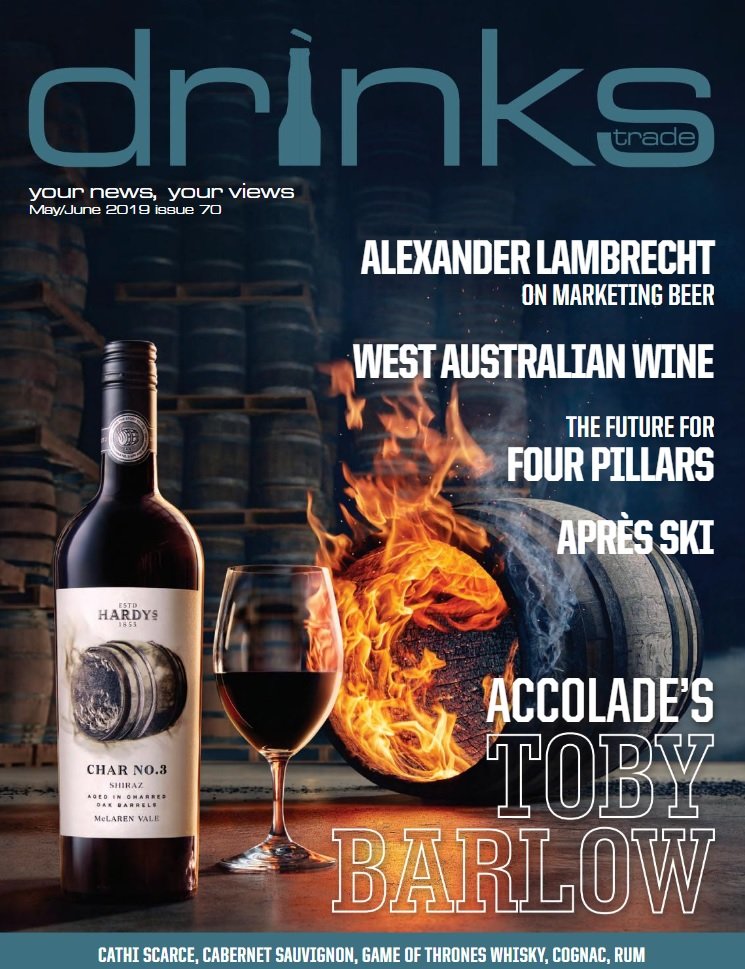
Click here to read the full Robert Joseph interview in the digital edition of Drinks Trade.
Robert Joseph will be presenting his workshops to the Liquor Barons Conference on July 15-19.
Share the content
